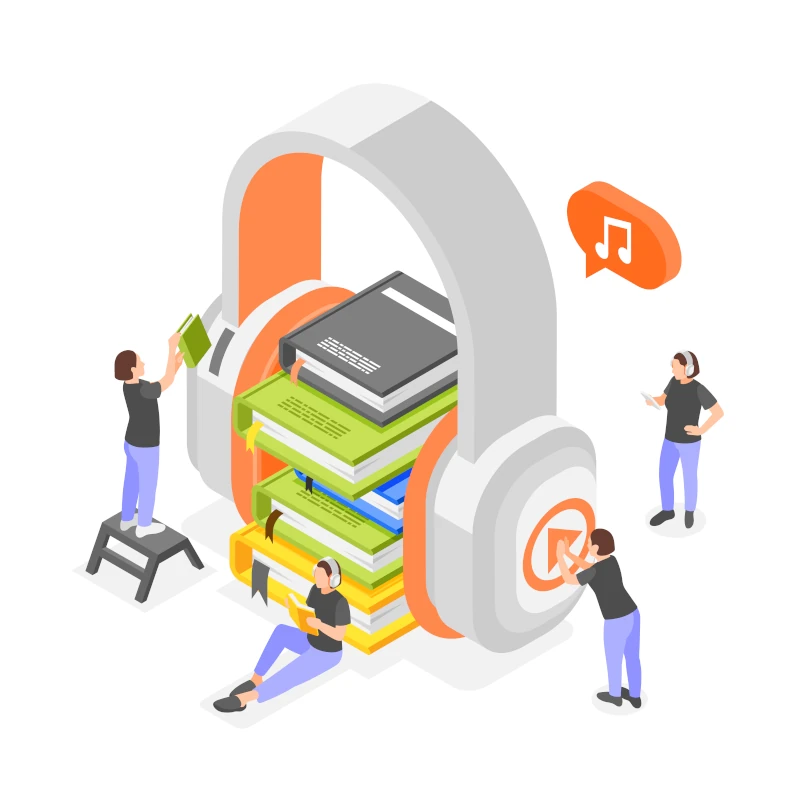Technology has radically transformed the publishing industry, reshaping how content is created, distributed, and consumed. From traditional print media to the rapidly expanding digital landscape, technological advancements have opened up new avenues for authors, publishers, and readers alike. The advent of the internet, e-books, and self-publishing platforms has democratized the publishing process, allowing diverse voices to reach global audiences. This evolution has not only altered the economic landscape of publishing but has also changed the way stories are shared and valued in society. As such, understanding technology’s role in this evolution is crucial for grasping the future direction of publishing.

The Influence of Artificial Intelligence

Artificial Intelligence (AI) has begun to make its mark on publishing, offering new possibilities for content creation and curation. AI tools can assist in the writing process, providing suggestions, grammar checks, and even generating content based on data analysis. This technology supports authors by streamlining the editing process and enhancing productivity.
AI’s capability to analyze reading patterns and preferences helps publishers personalize recommendations and market strategies. By predicting trends and consumer interests, AI can aid in more targeted book promotions, ultimately leading to better reach and connectivity with readers. AI is transforming the publishing industry by providing greater efficiency, accuracy, and data-driven insights. It is an invaluable tool for navigating the vast digital landscape and staying competitive in a rapidly evolving market.
The Rise of E-Books
E-books have revolutionized the way readers access literature, offering a convenient and often more affordable alternative to print books. The portability of e-books, accessible from a variety of devices, has expanded reading opportunities beyond physical boundaries. With the ability to carry an entire library in a single device, digital books offer readers unparalleled accessibility.
E-books have opened new doors for authors, enabling them to publish without relying on traditional publishing houses. Self-publishing platforms like Amazon Kindle Direct Publishing have empowered authors to reach audiences directly, bypassing gatekeepers and retaining more creative control over their work. This shift has led to a more diverse range of content available to readers.
The Impact of Social Media on Publishing
Social media has transformed how books are marketed and discovered, providing authors and publishers with direct access to their audience. Platforms like Instagram, Twitter, and TikTok have become vital tools for promoting new releases, engaging readers, and building author brands. “Bookstagram” and “BookTok” communities, for example, have tremendous influence over book sales, often propelling titles to bestseller lists.
Social media allows for real-time feedback and interaction between authors and readers, fostering a sense of community and engagement. This dynamic relationship can lead to a more loyal readership and provide authors with valuable insights into their audience’s preferences and reading habits.
The Emergence of Audiobooks

The audiobook market has seen significant growth, becoming one of the fastest-growing segments in the publishing industry. Audiobooks offer readers flexibility, allowing them to enjoy literature while multitasking or during activities such as commuting or exercising. The evolution of audio platforms like Audible and the incorporation of AI-driven voice technology have made audiobooks more accessible than ever.
The production of audiobooks has become an increasingly creative domain, with publishers investing in high-quality narrations and sound effects to enhance the listener’s experience. This has broadened the appeal of audiobooks, attracting new audiences who seek an immersive way to consume stories.
The Shift to Print-on-Demand Services
Print-on-demand technology has changed the economics of book publishing, allowing publishers to produce copies of books only when an order is placed. This eliminates the need for large print runs and reduces excess inventory costs. Print-on-demand services have also empowered small publishers and independent authors to produce books economically without upfront investment.
Print-on-demand supports a more sustainable approach to publishing, minimizing waste associated with unsold copies and making book production more environmentally friendly. This model caters to niche markets and allows for a customized and dynamic approach to book publishing.
The Integration of Multimedia in Digital Publishing
As digital platforms evolve, the integration of multimedia elements in publications has become more prevalent, enhancing storytelling in innovative ways. From interactive graphics and videos to hyperlinks and enriched content, digital publications can offer readers a more engaging and informative experience. Educational materials, in particular, benefit from such features, making learning more interactive and effective.
The inclusion of multimedia elements blurs the line between different entertainment media, creating opportunities for new storytelling formats. These innovations continue to push the boundaries of how stories are told and experienced, planting the seeds for the future evolution of publishing.

Technology’s rapid advancement has brought about significant changes in the publishing industry. It has altered how content is created, distributed, and consumed, leading to a more diverse and accessible landscape for both authors and readers. As technology continues to evolve, we can expect further transformations in the publishing industry, shaping the future of storytelling. It is important for publishers and authors to stay updated on technological developments and adapt their strategies accordingly to thrive in this ever-changing landscape. The possibilities are endless, and with an open-minded approach to embracing technology’s role in publishing, we can continue to push the boundaries of what is possible in the world of literature.


